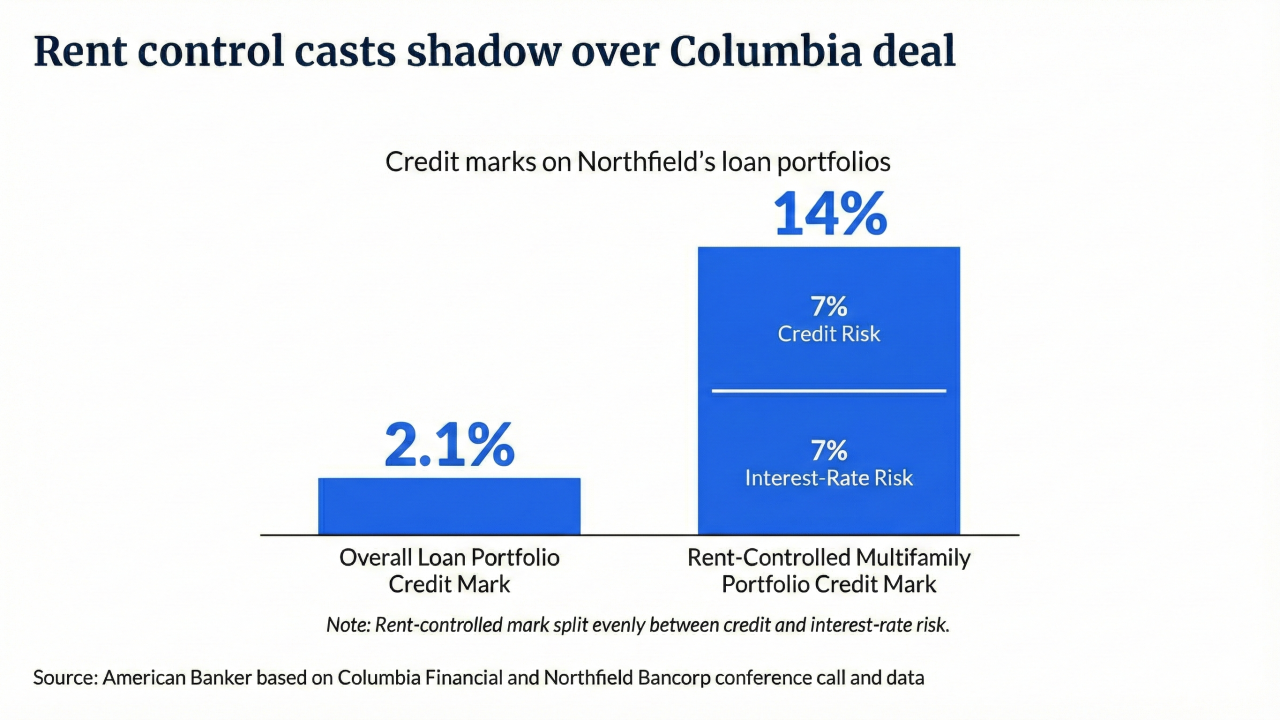
WASHINGTON — New York Attorney General Letitia James released draft legislation aimed at regulating the cryptocurrency industry just as talks in Congress over regulating stablecoins remain mired in partisan gridlock.
The draft bill, which James released May 5, would strengthen the attorney general's enforcement authority over digital assets and clarify the New York State Department of Financial Services' ability to operate the state's digital asset licensing regime. In a statement announcing the bill, James characterized the proposal as "the strongest and most comprehensive set of regulations on cryptocurrency in the nation."
James said the bill, named the Crypto Regulation, Protection, Transparency, and Oversight or CRPTO Act, would bring law and order to the multibillion-dollar industry and safeguard New York investors from its widespread fraud and volatility.
"Millions of investors have lost hundreds of billions in the value of their cryptocurrency investments because of rampant fraud, including market manipulation, hacking, and opaque business practices," James said in a statement.
James says the bill would give her office enforcement over crypto firms including the authority to subpoena crypto firms as part of investigations. Offending crypto firms would be subject to fines of $10,000 per individual or $100,000 per company. The attorney general's office also says it intends to forcibly close businesses which engage in fraud or illicit activity.
The bill would require digital asset exchanges to maintain independent public audits of their financial statements and would make them liable for reimbursing customers who are defrauded. The draft bill also aims to diminish conflicts of interest in the sector by prohibiting individuals from issuing tokens on their own exchanges.
James' bill would also require digital asset firms to implement the kinds of "know your customer" procedures already applied to banks, and ban the use of the term "stablecoin" to market virtual currencies, except when the asset values maintain a one-to-one ratio to the dollar.
One notable omission from the bill was any mention of how new rules could fit into New York's already established digital asset registration regime. The New York Department of Financial Services established
But BitLicense has faced criticism from crypto companies, who argue that the program is too costly, burdensome and restrictive and makes it especially difficult for small businesses to comply. Any progress on the recently proposed bill will likely need to grapple with integrating new rules into New York's existing crypto framework.
The NYDFS — led by Superintendent Adrienne Harris — is known to tout its record as a regulatory pioneer for the crypto industry, and currently oversees more than 30 firms in the sector. NYDFS recently fined Robinhood's cryptocurrency division
With New York officials keen to enforce their landmark rules and
The bill's announcement comes just a few months after James launched lawsuits against two crypto firms: CoinEx and KuCoin, noting failure to register business activities in accordance with state law.
The bill will be submitted by the attorney general's office to the New York State Senate and Assembly where lawmakers will review it during the current legislative session, which ends on June 8.






